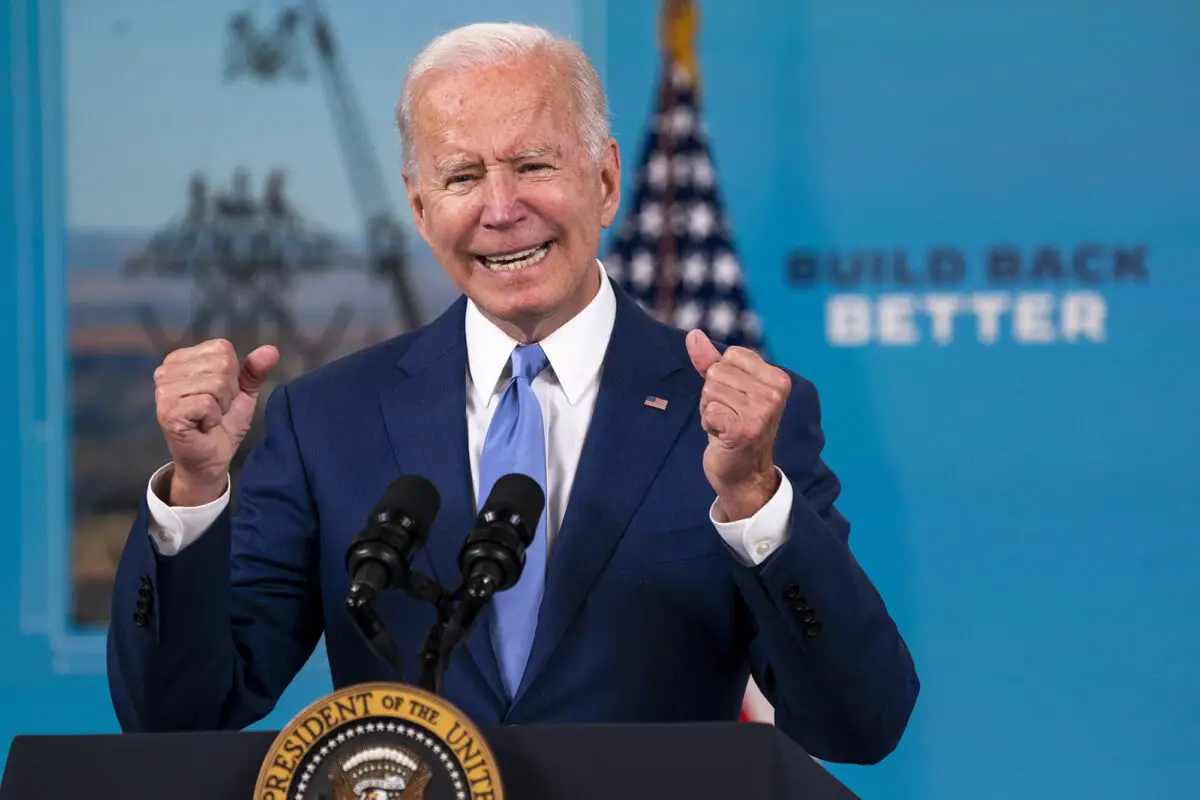Between Cyber Monday and Black Friday, the post-Thanksgiving shopping rush is usually a chance for retailers to get a big headstart toward a good fourth-quarter bottom line. This year, sales were reasonably strong, but well off their highs of previous years, including the pre-pandemic year of 2019 when both shopping days were setting records.
This year, Cyber Monday sales fell for the first time ever despite more and more retailers offering deeper online specials and still more consumers shopping online:
Consumers logged online Monday and spent $10.7 billion, marking a 1.4% decrease from year-ago levels, according to data released Tuesday by Adobe Analytics.
This year’s tally marks the first time that Adobe has tracked a slowdown in spending on major shopping days. The firm first began reporting on e-commerce in 2012, and it analyzes more than 1 trillion visits to retailers’ websites.
One explanation may be that consumers began shopping earlier, which is true in some respects. However, they’ve been forced to start early due to supply chain constraints and constant fear that waiting too long and late for deals will mean empty shelves in December on some of the most-wanted items.
Many items remain back-ordered and won’t arrive anytime soon, perhaps after Christmas, another point that may dissuade some shopping since nobody likes waiting months for delivery when we’re used to hours, or days at the most.
In fact, Cyber Monday may represent the peak of online shopping this season as fewer shoppers seem to want to wait until the last minute. Furthermore, inflationary concerns mean the average household has less to spend, so they may have shopped earlier than normal to avoid being forced to stretch budgets into December when products may be more expensive and more scarce.
On the brick and mortar side, Black Friday has not returned to anything resembling a pre-pandemic level, with store traffic down 28% compared to 2019:
Traffic at retail stores on Black Friday dropped 28.3% compared with 2019 levels, as Americans shifted more of their spending online and kicked off their shopping earlier in the year, according to preliminary data from Sensormatic Solutions.
“It’s clear shoppers are shopping earlier this season, just as they did last season,” said Brian Field, senior director of global retail consulting at Sensormatic. He added that the two main reasons shoppers are spreading out their holiday purchases are ongoing concerns about Covid and worries about the supply chain.
The peak time for Black Friday shopping in stores was 1 p.m. to 3 p.m., similar to trends in past years, Sensormatic said. Black Friday is still predicted to be the busiest in-store shopping day of the season, according to Sensormatic.
This year is unlike any recent year when it comes to holiday shopping and sales. With supply chain issues causing delays, companies unable to manufacture as many products, and inflation eating into discretionary spending, it’s a wonder seasonal spending is even doing this well right now with all the headwinds.
Smart shoppers were not waiting for the post-Thanksgiving sales, however, and surveys indicate many have already been buying early:
The numbers provide even greater evidence that the holiday season has been stretched out as more Americans began their shopping as early as October. Retailers have been spreading out their promotional offers, too. According to a survey from the National Retail Federation, the retail industry’s leading trade group, 61% of consumers had already started purchasing holiday gifts before Thanksgiving.
It also cannot be understated that simple things, like the 59% increase in the cost of a gallon of gas compared to a year ago, are definitely putting a squeeze on holiday spending. Your car costs more to fill up, assuming you’re not driving an electric vehicle, and the cost of trucking goods from ports to storefronts is also going up, driving up the cost of gifts and groceries. There simply isn’t as much money available to spend this year on holiday sales as there was in 2019 and previous years.
All of this is adding up to a Biden economic malaise where shoppers are fighting against inflation eating more and more of their budget on essential items. If gas and groceries don’t start to get more affordable in the coming months, economic growth will be stifled into next year as well.
Donate Now to Support Election Central
- Help defend independent journalism
- Directly support this website and our efforts
